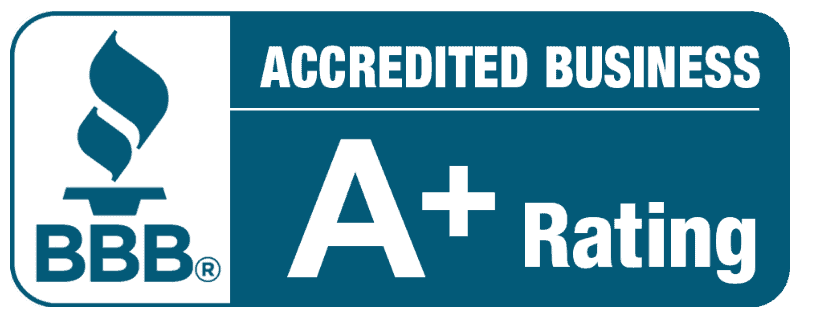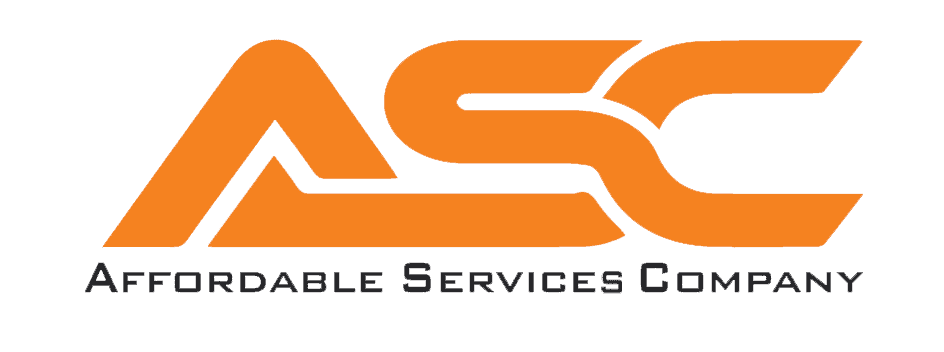What Qualifies for Roof Replacement: Understanding the Criteria
Investing in a new roof is a significant financial decision for homeowners. Understanding what qualifies for a roof replacement is critical to ensure a safe, comfortable, and energy-efficient home.
This article will discuss several conditions that typically qualify a roof for replacement.
When to Replace Your Roof
Understand the indicators and conditions that signal the necessity for a roof replacement.
1. Age of the Roof
The age of your roof plays a significant role in determining whether it needs to be replaced. Most residential roofs, made of common materials like asphalt shingles, have a lifespan of approximately 20 to 25 years.
This range can fluctuate based on environmental conditions, the quality of the material, and the quality of installation. If your roof is nearing the end of its lifespan, it might be time to consider a roof replacement.
According to research by the National Roofing Contractors Association (NRCA), roof performance declines sharply after 20 years, and the probability of leakage increases significantly. Homeowners should start regular roof inspections as the roof ages to identify potential issues early.
2. Severe Weather Damage
Roofs are designed to withstand normal weather conditions, but extreme weather events such as hurricanes, tornadoes, or hailstorms can cause substantial damage, leading to the need for roof replacement.
Wind speeds over 50-60 mph can lift and peel away shingles, leading to significant water damage. Similarly, hailstones larger than 1 inch in diameter can cause shingles to crack. In such cases, a complete roof replacement might be necessary.
3. Extensive Leaking
A leaky roof is more than just a nuisance—it can cause significant damage to your home’s structure, insulation, and interior. Persistent leaks, despite repairs, usually indicate broader issues that could qualify your roof for replacement.
Frequent roof leaks could result in secondary damage such as mold growth, insulation degradation, and structural wood rot. If leaks have led to these problems, a simple patch-up won’t suffice, and a roof replacement becomes inevitable.
4. Shingle Deterioration
Shingle deterioration is another telltale sign that your roof may need replacing. This can present as curling or buckling shingles, loss of granules, or missing shingles. These symptoms suggest that the roof material is at the end of its life expectancy and is no longer providing effective protection against the elements.
Granule loss and curling or cupping of shingles significantly reduce a roof’s ability to shed water effectively. This can lead to water penetration and damage, underlining the need for a new roof.
5. High Energy Bills
An unexpected indicator that your roof may need replacement is unusually high energy bills. A failing roof can cause poor attic ventilation and insulation, leading to higher heating and cooling costs.
Remember, proper roof insulation and ventilation can reduce heating and cooling costs by up to 20%. If your energy bills have seen a sharp increase, it might be worth investigating your roof’s condition.
6. Professional Inspection
The ultimate determination of whether a roof should be replaced is usually made by a professional roofing contractor.
They can perform a thorough inspection of your roof, considering all the factors mentioned above, and recommend the best course of action based on their expertise and your specific circumstances.
Choosing the right roof inspector can make a significant difference in maintaining the health and longevity of your roof. Here are some tips to help you select the right professional for the job:
Certifications and Licensing:
Make sure the roof inspector is certified and licensed according to your state or region’s regulations. Certifications from reputable organizations like the International Association of Certified Home Inspectors (InterNACHI) or the American Society of Home Inspectors (ASHI) indicate that the inspector is trained and knowledgeable.
Experience
Experience matters when it comes to roof inspections. An inspector with a history of working on roofs similar to yours will be more likely to spot potential issues or concerns. They’ll also be familiar with the local weather conditions and common roofing materials in your area.
Insurance
A roof inspector should have liability insurance. This protects you from being held financially responsible if there’s an accident during the inspection.
Detailed Reports
A good roof inspector will provide a detailed report after the inspection. This report should outline the condition of the roof, any potential issues, and recommended repairs or maintenance. It might also include pictures or diagrams.
Pricing
While it shouldn’t be the only factor you consider, price is certainly a consideration. Make sure the inspector offers competitive and fair pricing for their services.
Multiple factors can qualify a roof for replacement, including its age, severe weather damage, extensive leaking, shingle deterioration, and high energy bills. While these factors provide a general guideline, it’s crucial to consult with a professional roofing contractor for an accurate assessment. Recognizing the signs early and taking timely action can protect your home from further damage and ensure its longevity.
Reach Out to A Affordable Roofing
A damaged roof shouldn’t put your home’s safety and comfort at risk. Act now with A Affordable Roofing, your reliable ally for exceptional roofing services. We’re only a phone call away. Connect with us to arrange your complimentary inspection and receive a tailored roofing solution. Superior quality at an affordable price is within your reach!








